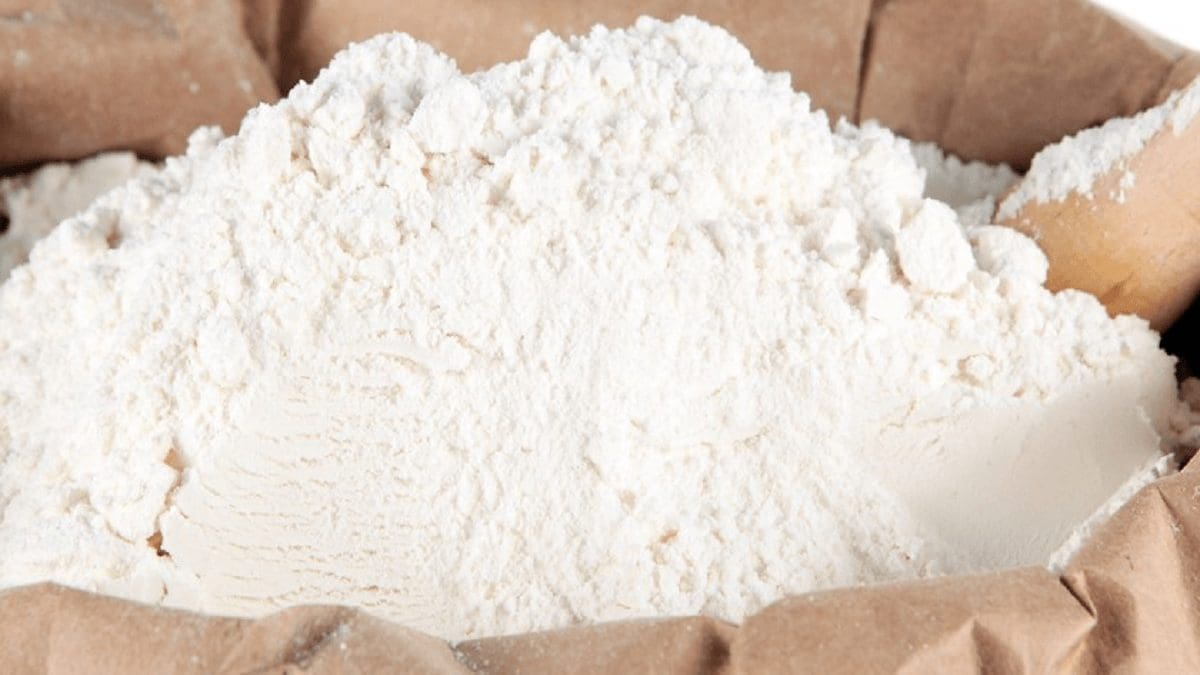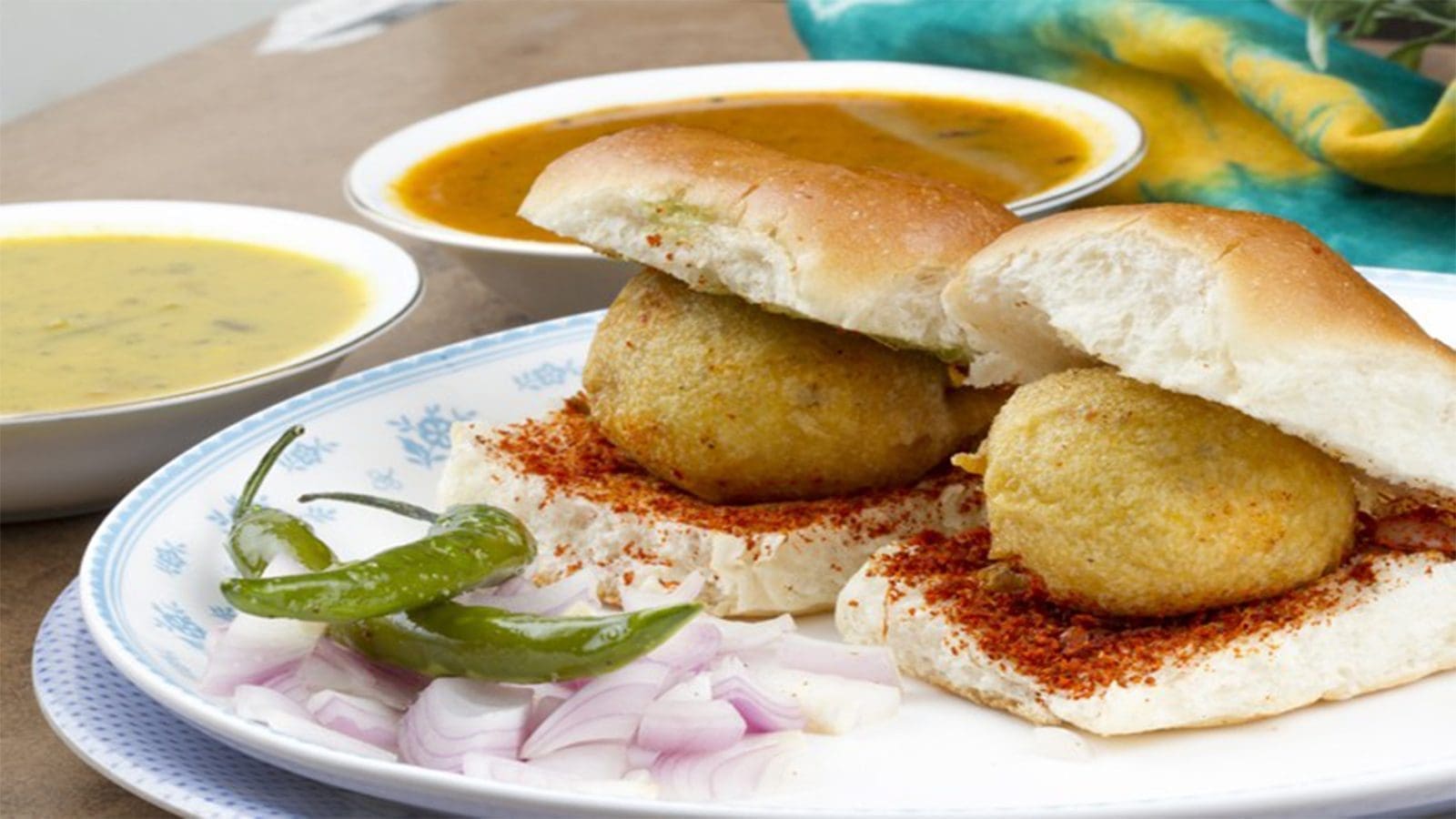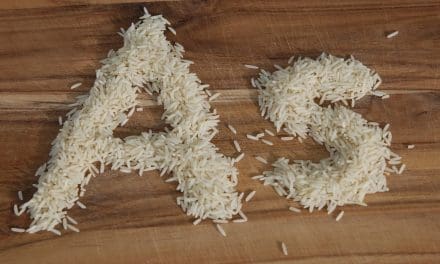KENYA – The Kenya Bureau of Standards (KEBS) has issued a ban on several maize meal and composite flours from being sold to the public in Kenya, a move that has seen some of the leading flour milling companies as well as smaller players in the country getting caught up in the dragnet.
In a letter addressed to the Retail Trade Association of Kenya (RETRAK) CEO Wambui Mbarire, the standards regulator has sought the industry body’s support to inform its affected members in the milling sector to recall the affected brands from across retail outlets across the country with immediate effect.
“Following market surveillance conducted on maize meal and composite flour brands in circulation across the country, KEBS detected non-compliance with the requirements of the Standards Act Cap 496, Laws of Kenya,” the letter read in part.
However, KEBS has failed to provide concrete reasons for the non-compliance by any of the brands, leaving the public to speculate as to the cause of the ban – although previous recalls in Kenya of milled maize products have been mainly due to contamination with Aflatoxins.
“The purpose of this mail is to bring to your attention the below listed non-compliant maize meal and composite flour brands; and to request your good office to notify your members to recall these brands and remove them from the supply chain from your members’ outlets across the country,” KEBS informed the association in the letter.
The letter was signed by Peter Kaigwara, the Director, Market Surveillance at KEBS.
“Given the significance of maize and its derived products in Kenya, KEBS has put maize meal and composite flour in the categories of products desirous of constant surveillance and monitoring,” KEBS added in the notice.,
“The purpose of this mail is to bring to your attention the below listed non-compliant maize meal and composite flour brands; and to request your good office to notify your members to recall these brands and remove them from the supply chain from your members’ outlets across the country.”
Broad list of companies
The recall affects some of the leading milling companies in Kenya, including Pembe Flour Mills, Capwell Industries, Osho Grain Millers, Eldoret Grain Millers and Unga Limited, plus a long list of small and medium scale millers dotted in other towns.
“Consequently, the manufacturers in the list are instructed to cease forthwith manufacturing or offering for sale the affected maize meal and composite flour brands; and are instructed to recall all the substandard composite flour products from the market and institute effective corrective actions whose effectiveness shall be confirmed by KEBS before resumption of production and placement of the brands in the market,” the regulator informed the affected firms.
Some of the companies in the list include Karibu Maize Millers in Nyahururu, Nature’s Health in Nairobi, Naku Modern Feeds in Nakuru, Jamka Emjei Trading in Githunguri, Ridges Ritz Millers in Ruiru, Sima Grain Millers in Eldoret, Nakuru Grain Mills in Nakuru, Greenfield Millers in Kiambu and Uwezo Millers in Naivasha.
These companies had their maize meal brands removed from circulation by the regulator, as well as Osho Grain Millers, Eldoret Grain Millers and Pembe Flour Mills.
Further, KEBS banned the sale of several brands of composite flours, that are mainly used to make porridge in Kenya.
These include Marss Food Quality, Winnies Pure Health, Rimwambi Enterprises, and Greenhouse Pride Distributors, all in Nairobi; Equitorial Nut Processors in Murang’a, Rest Food Products in Arusha, Unga Ltd, Snowline Foods Industries in Timau, Capwell Industries in Thika, among others.
According to the regulator, it implements a product certification scheme which certifies and issues product certification marks for locally produced as well as imported products.
KEBS advised RETRAK to encourage its members to always validate the quality marks of the products stocked for sale and to remind them that any person found offering for sale sub-standard product that contravene the law that they are liable for prosecution.
“We encourage your members to share with us the quantities of each of the brands withdrawn from the shelves to enable us track them and ensure that what is unfit is not returned to circulation,” adds KEBS. Members of the public have also been informed to alert KEBS in case any of these products is found in the market.
Aflatoxin issues affect sector
This recall follows action by KEBS to recall 17 maize meal brands in the country in January 2020, due to Aflatoxins contamination after a major crackdown by the regulator.
Poor storage practices at the farm and across the grains value chain have been blamed for the prevalence of Aflatoxins in Kenya. The country’s over reliance on maize sourced from its neighbouring countries such as Uganda and Tanzania, and even further into the DRC, Malawi and Zambia means that Kenya is not the only country affected by the problem in the region.
The most severe aflatoxin outbreak documented to date occured in Kenya in 2004, which took place in the former Makueni District, which resulted in 317 cases and 125 deaths.
Liked this article? Subscribe to Food Safety Africa News, our regular email newsletters with the latest news insights from Africa and the World’s food safety, quality and compliance. SUBSCRIBE HERE








